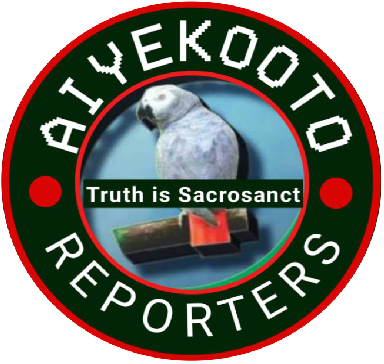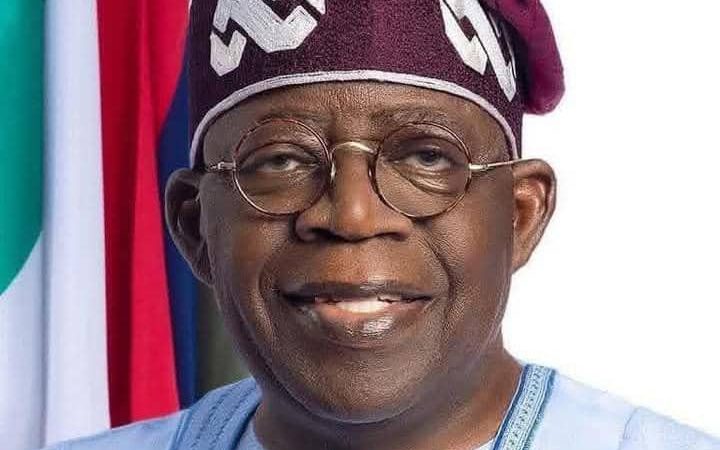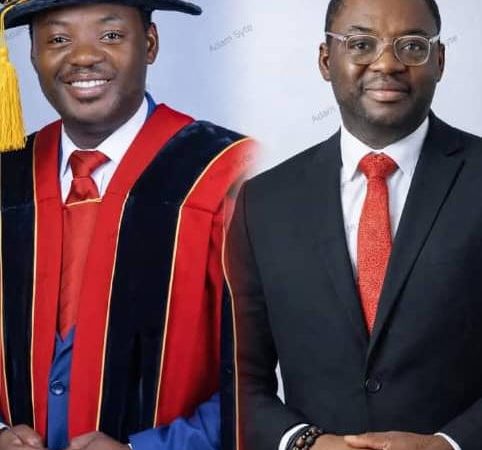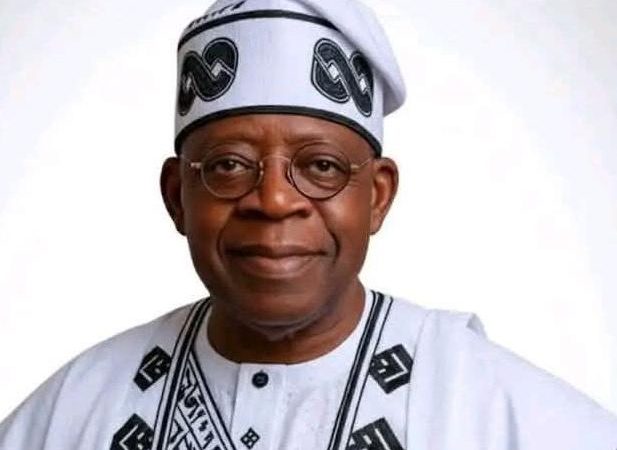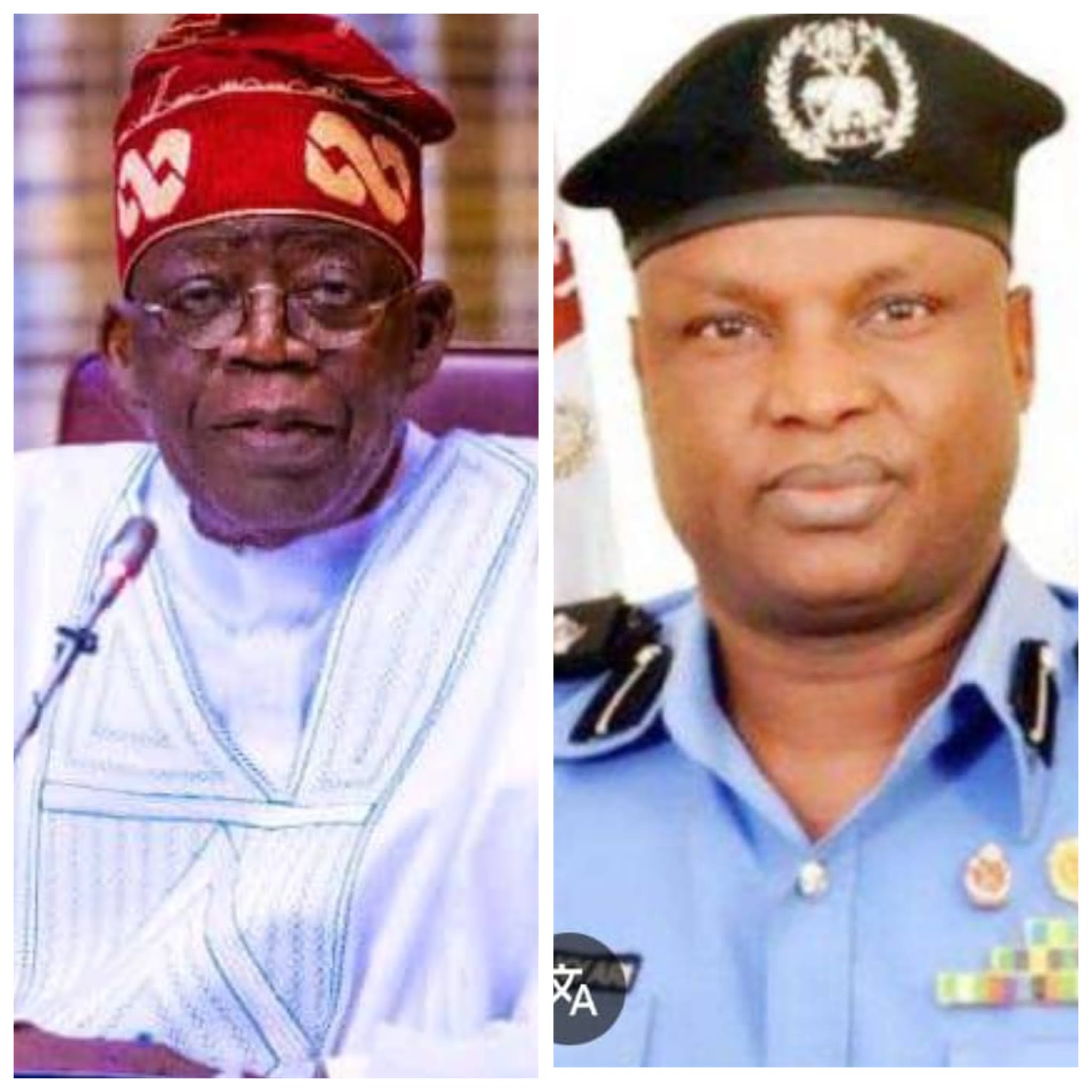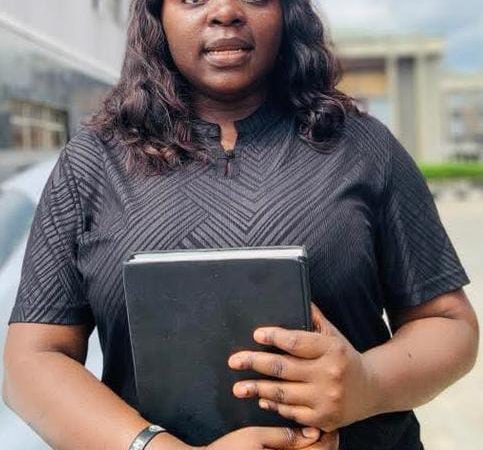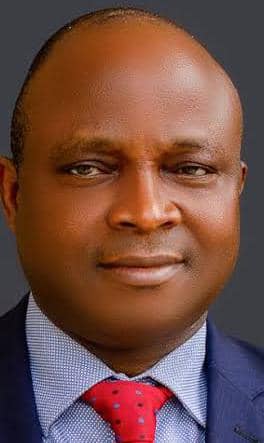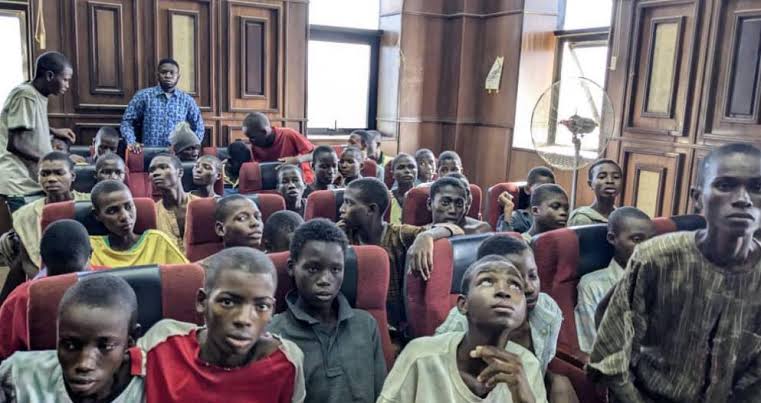In the face of Nigeria’s deepening security crisis, difficult questions must be asked, and even more difficult answers must be considered. From unrelenting terrorist attacks in the Northeast to brazen banditry in the Northwest, escalating kidnappings in the North Central, and simmering unrest in other regions, the Nigerian state appears constantly on the defensive.
These are not ordinary times. And extraordinary times call for equally extraordinary measures — even those that may appear controversial at first glance.
One such measure currently gaining traction among some sections of the public is the call for the conditional release and reintegration of a revered police officer, Deputy Commissioner of Police Abba Kyari, into Nigeria’s security operations.
Kyari, a celebrated crime-busting officer and former head of the Inspector-General of Police’s Intelligence Response Team (IRT), is currently facing legal proceedings over what many Nigerians including security officers said was a set up.
However, what cannot be denied — regardless of where one stands on the legal question — is that Kyari possesses a rare depth of field experience, intelligence expertise, and an unmatched understanding of the use of technology in fighting crimes and also understanding Nigeria’s criminal underworld that is unmatched in the current security architecture.
During his tenure as head of the IRT, Kyari was instrumental in cracking some of Nigeria’s most high-profile criminal cases. He was credited with the arrest of kidnappers such as Evans, Vampire, Godogodo, Halti, Yellow, Ade lawyer, terrorist commanders like Umar Abdulmalik, Baa Adam, Abu Aisha, Abu Kaka, other big Kingpins like Ikosun, Onye Army, Ability, Biggie etc etc and the neutralization of hundreds of violent criminal gangs operating across multiple states.
His team’s swift operational response, undercover strategies, and success in gathering actionable intelligence gave the Nigerian Police Force a much-needed edge in a system long burdened by inefficiency and poor coordination
It is in this context — and against the backdrop of Nigeria’s deteriorating security outlook — that many are beginning to ask: can Nigeria afford to sideline such a seasoned operative and her best hand in fighting terrorism and kidnappings at a time when insecurity is fast evolving and overwhelming state institutions?
Should national security interest and security interest override political correctness and rigid moral optics when a country’s stability is on the line?
The calls for Kyari’s release are not emotional or tribal. They are born from a cold, hard assessment of Nigeria’s security realities and the urgent need for experienced hands in the fight against non-state actors.
While security agencies such as the military, DSS, Civil Defense, and police continue to work under immense pressure, they remain stretched thin. Morale is low, coordination is patchy, and intelligence gathering and use of technical intelligence and human intelligence remains poor in several hotspots.
Reintroducing someone of Kyari’s capability into this ecosystem — even in a limited, supervised, or advisory capacity — could make a tangible difference.
This is not without precedent globally. In multiple jurisdictions, from the United States to Colombia, Italy, France, Israel, Syria, etc, former security operatives and individuals with legal issues have been given conditional reprieves to help governments tackle urgent threats.
President Trump in America has 32 Court Convictions and over 90 federal criminal indictments and charges filed by FBI but still Americans believe he is their best option amongst hundreds of other Candidates across the 2 Political parties and eventually majority of Americans voted him into Power as President over other candidates with Zero legal issues.
Such an arrangement balances the scales of justice with the imperatives of national security. It acknowledges past mistakes while utilising unique strengths to serve a higher cause — the safety and unity of the nation.
Beyond the operational benefit, the release of Abba Kyari could also serve as a symbolic act of national reconciliation especially in Northern Nigeria where in-terms of their Security they see Kyari as the key in ending insecurities in the north because of his unprecedented and unmatched records that made the north to believe he is the most trusted, most experienced and most gifted person to lead the fight against terrorism, banditry and kidnappings in Northern Nigeria to its end. Nigeria is in desperate need of a reset — a fresh approach that emphasises unity, pragmatism, and results.
By demonstrating a willingness to think outside the box and explore all avenues for strengthening national security, the government would be showing bold, statesmanlike leadership.
Such a move could foster broader cooperation among security stakeholders, both official and informal, and perhaps even open the door to constructive dialogue with some elements of the criminal underworld when they know that the person they fear the most has been unleashed — dialogue which has been critical in restoring peace in other conflict-torn countries around the world.
However, it is important to separate political expediency from national interest. Besides, the allegation has suffered setbacks in court and remains unproven forcing people to worry over how long would the best police officer in the history of the country be held for 41 months on a bailable matter because of the interest of 2 persons while other top Government officials with more serious allegations and have looted hundreds of billions of naira were granted bail and now free.
Kyari’s release, if managed with transparency and legal rigor, need not damage anti-corruption efforts. On the contrary, it could be an opportunity to prove that top national security decisions can be made maturely, with layered safeguards and citizen oversight for the benefit of overall national security.
What we can not afford is a rigid, binary approach to governance that ignores nuance, context, or evolving national needs. Security is not a luxury — it is a foundational requirement for everything else, from economic growth to democratic consolidation. If we lose that, we lose everything.
Nigeria stands at a crossroads. The threat matrix has changed. The solutions must evolve. Abba Kyari’s situation offers a test case — not just of the government’s flexibility and foresight, but of our collective willingness to place national survival above personal grudges, personal vendetta, envy and political calculation, or social media sentiment.
Releasing Kyari, under lawful conditions, would be rooted in urgent national need. It is a move that requires courage, consultation, and wisdom. But if handled properly, it could be a turning point in Nigeria’s war against terror, crime, and instability.
Let us not allow politics or optics to blind us to opportunity. In the war for Nigeria’s soul, we must use every tool — even the imperfect ones — to secure peace, restore confidence, and build a safer nation for all.
By Centre for Democracy and Human Rights (CEDEHUR), always in defence of democracy and human rights for all
